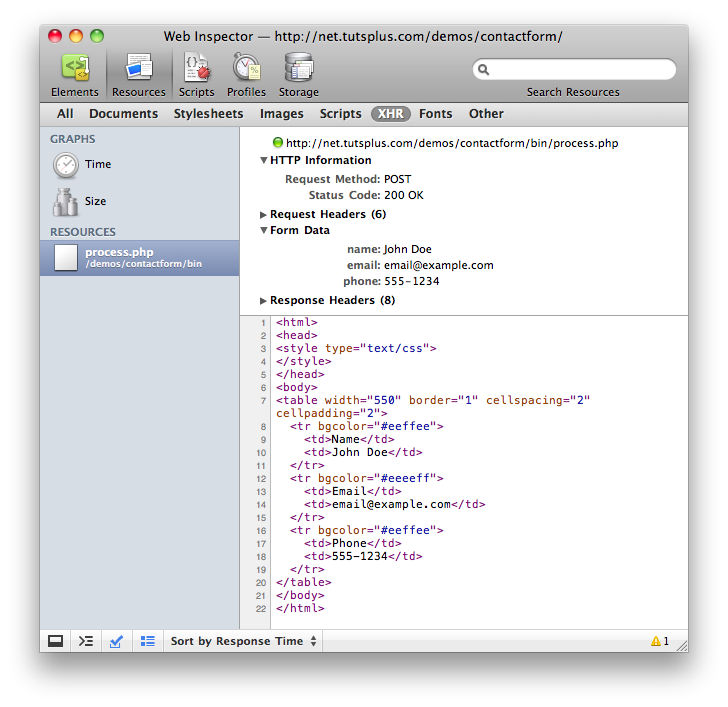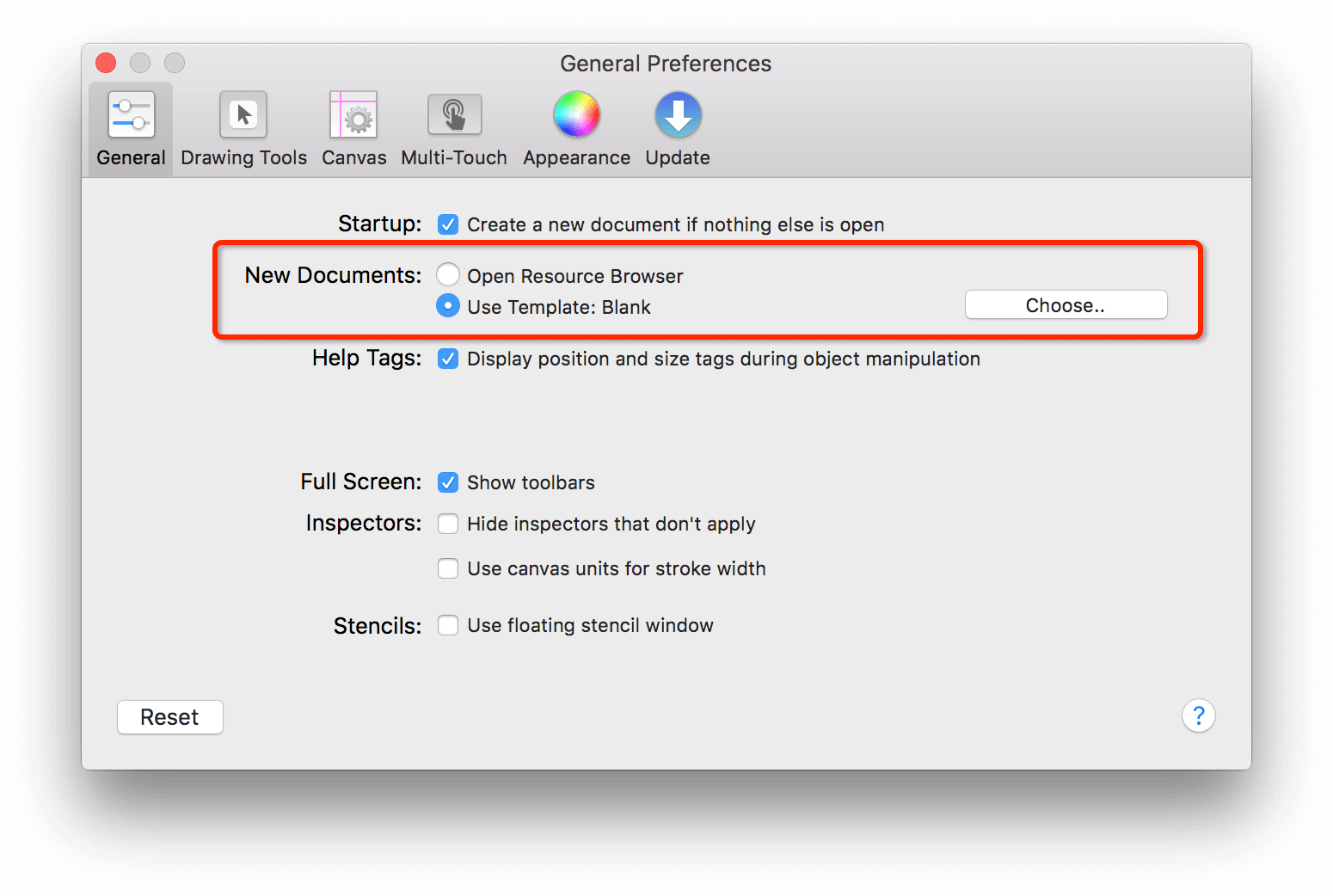Edit on GitHub
- Mac Resource Inspector Morse
- Mac Resource Inspector (mri) Download
- Mac Resource Inspector Free
- Run Mac Resource Inspector
- Mac Resource Inspector
Freddie Mac plays a critical role in financing housing for America's families through its two business segments: the single-family business segment and the multifamily business segment. Information regarding those segments can be found under the Single-Family Division, Multifamily Division and Capital Markets Division, all three of which.
This guide will help you get started debugging your Node.js apps and scripts.

- Apple Genius Bar Tool (Mac Resource Inspector, MRI) and iPhone. I had an appointment with Apple Genius Bar for an iPhone’s battery check-up few months ago at an official Apple Store. (before the release of the iOS version with the battery diagnostics). I remember the guy used a tool called MRI. I found later in the internet that it is a.
- Filter by resource type # To focus in on a certain type of file, such as stylesheets: Click CSS. All other file types are filtered out. Showing CSS files only. To also see scripts, hold Control or Command (Mac) and then click JS. Showing CSS and JS files only. Click All to remove the filters and see all resources again.
Enable Inspector

When started with the --inspect switch, a Node.js process listens for adebugging client. By default, it will listen at host and port 127.0.0.1:9229.Each process is also assigned a unique UUID.
Inspector clients must know and specify host address, port, and UUID to connect.A full URL will look something likews://127.0.0.1:9229/0f2c936f-b1cd-4ac9-aab3-f63b0f33d55e.
Node.js will also start listening for debugging messages if it receives aSIGUSR1 signal. (SIGUSR1 is not available on Windows.) In Node.js 7 andearlier, this activates the legacy Debugger API. In Node.js 8 and later, it willactivate the Inspector API.
Security Implications
Since the debugger has full access to the Node.js execution environment, amalicious actor able to connect to this port may be able to execute arbitrarycode on behalf of the Node.js process. It is important to understand the securityimplications of exposing the debugger port on public and private networks.
Exposing the debug port publicly is unsafe
If the debugger is bound to a public IP address, or to 0.0.0.0, any clients thatcan reach your IP address will be able to connect to the debugger without anyrestriction and will be able to run arbitrary code.
By default node --inspect binds to 127.0.0.1. You explicitly need to provide apublic IP address or 0.0.0.0, etc., if you intend to allow external connectionsto the debugger. Doing so may expose you to a potentially significant securitythreat. We suggest you ensure appropriate firewalls and access controls in placeto prevent a security exposure.
See the section on 'Enabling remote debugging scenarios' on some advice on howto safely allow remote debugger clients to connect.
Local applications have full access to the inspector
Even if you bind the inspector port to 127.0.0.1 (the default), any applicationsrunning locally on your machine will have unrestricted access. This is by designto allow local debuggers to be able to attach conveniently.
Browsers, WebSockets and same-origin policy
Websites open in a web-browser can make WebSocket and HTTP requests under thebrowser security model. An initial HTTP connection is necessary to obtain aunique debugger session id. The same-origin-policy prevents websites from beingable to make this HTTP connection. For additional security againstDNS rebinding attacks, Node.jsverifies that the 'Host' headers for the connection eitherspecify an IP address or localhost or localhost6 precisely.
These security policies disallow connecting to a remote debug server byspecifying the hostname. You can work-around this restriction by specifyingeither the IP address or by using ssh tunnels as described below.
Inspector Clients
Several commercial and open source tools can connect to the Node.js Inspector.Basic info on these follows:
- CLI Debugger supported by the Node.js Foundation which uses the Inspector Protocol.
- A version is bundled with Node.js and can be used with
node inspect myscript.js. - The latest version can also be installed independently (e.g.
npm install -g node-inspect)and used withnode-inspect myscript.js.
Chrome DevTools 55+, Microsoft Edge
- Option 1: Open
chrome://inspectin a Chromium-basedbrowser oredge://inspectin Edge. Click the Configure button and ensure your target host and portare listed. - Option 2: Copy the
devtoolsFrontendUrlfrom the output of/json/list(see above) or the --inspect hint text and paste into Chrome.
Visual Studio Code 1.10+
- In the Debug panel, click the settings icon to open
.vscode/launch.json.Select 'Node.js' for initial setup.
Visual Studio 2017
- Choose 'Debug > Start Debugging' from the menu or hit F5.
- Detailed instructions.
JetBrains WebStorm 2017.1+ and other JetBrains IDEs
- Create a new Node.js debug configuration and hit Debug.
--inspectwill be usedby default for Node.js 7+. To disable uncheckjs.debugger.node.use.inspectinthe IDE Registry.
- Library to ease connections to Inspector Protocol endpoints.
- Start a Node.js debug configuration from the
Debugview or hitF5. Detailed instructions
Eclipse IDE with Eclipse Wild Web Developer extension
- From a .js file, choose 'Debug As... > Node program', or
- Create a Debug Configuration to attach debugger to running Node.js application (already started with
--inspect).
Command-line options
Mac Resource Inspector Morse
The following table lists the impact of various runtime flags on debugging:
| Flag | Meaning |
|---|---|
| --inspect |
|
| --inspect=[host:port] |
|
| --inspect-brk |
|
| --inspect-brk=[host:port] |
|
node inspect script.js |
|
node inspect --port=xxxx script.js |
|
Enabling remote debugging scenarios
We recommend that you never have the debugger listen on a public IP address. Ifyou need to allow remote debugging connections we recommend the use of sshtunnels instead. We provide the following example for illustrative purposes only.Please understand the security risk of allowing remote access to a privilegedservice before proceeding.
Let's say you are running Node.js on a remote machine, remote.example.com, thatyou want to be able to debug. On that machine, you should start the node processwith the inspector listening only to localhost (the default).
Mac Resource Inspector (mri) Download
Now, on your local machine from where you want to initiate a debug clientconnection, you can setup an ssh tunnel:
This starts a ssh tunnel session where a connection to port 9221 on your localmachine will be forwarded to port 9229 on remote.example.com. You can now attacha debugger such as Chrome DevTools or Visual Studio Code to localhost:9221,which should be able to debug as if the Node.js application was running locally.
Legacy Debugger
The legacy debugger has been deprecated as of Node.js 7.7.0. Please use--inspect and Inspector instead.
Mac Resource Inspector Free
When started with the --debug or --debug-brk switches in version 7 andearlier, Node.js listens for debugging commands defined by the discontinuedV8 Debugging Protocol on a TCP port, by default 5858. Any debugger clientwhich speaks this protocol can connect to and debug the running process; acouple popular ones are listed below.
Run Mac Resource Inspector
The V8 Debugging Protocol is no longer maintained or documented.
Start node debug script_name.js to start your script under the builtincommand-line debugger. Your script starts in another Node.js process started withthe --debug-brk option, and the initial Node.js process runs the _debugger.jsscript and connects to your target.
Mac Resource Inspector
Debug your Node.js app with Chrome DevTools by using an intermediary processwhich translates the Inspector Protocol used in Chromium to the V8 Debuggerprotocol used in Node.js.